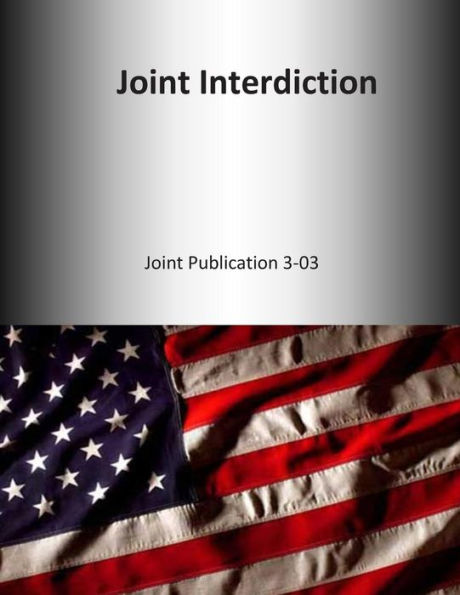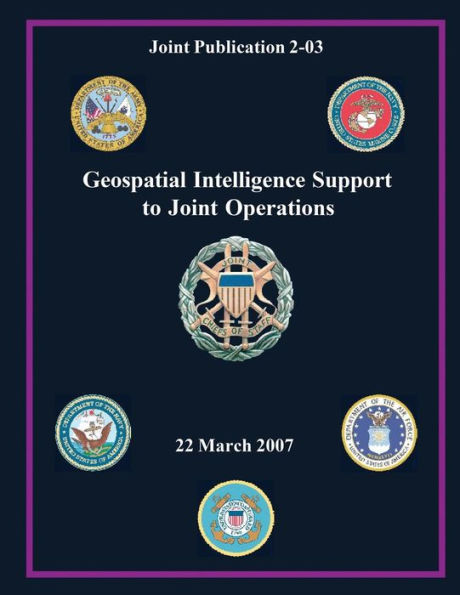Home
Counterinsurgency Operations (Joint Publication 3-24)



Counterinsurgency Operations (Joint Publication 3-24)
Current price: $16.59
Loading Inventory...
Size: OS
This publication, "Counterinsurgency Operations (Joint Publication 3-24)," provides joint doctrine for the planning, execution, and assessment of counterinsurgency (COIN) operations across the range of military operations. This will include the description of relationships between COIN, irregular warfare, counterterrorism, and foreign internal defense. The twenty-first century is typified by a volatile international environment, persistent conflict, and increasing state fragility. Long-standing external and internal tensions tend to exacerbate or create core grievances within some states, resulting in political strife, instability, or even insurgency. Moreover, some transnational terrorists/extremists with radical political and religious ideologies may intrude in weak or poorly governed states to form a wider, more networked threat. Insurgency is an internal threat that uses subversion and violence to reach political ends. Conversely, counterinsurgents seek to defeat insurgents and address core grievances to prevent insurgency's expansion or regeneration. Typically the insurgents will solicit or be offered some type of support from state or non-state actors, which can include transnational terrorists who take advantage of the situation for their own benefit. Affected nations may request United States support in countering an insurgency, which is typically the circumstances under which US forces become involved in counterinsurgency (COIN) operations. COIN is primarily political and incorporates a wide range of activities, of which security is only one. Unified action is required to successfully conduct COIN operations and should include all host nation (HN), US, and multinational agencies or actors. Civilian agencies should lead COIN efforts. When operational conditions do not permit a civilian agency to lead COIN within a specific area, the joint force commander (JFC) must be cognizant of the unified action required for effective COIN. In traditional warfare the conflict focuses on defeating the opposing military through force-on-force engagements, and influencing the government by taking control of their territory, and influencing the people generally through intimidation, fear, and deception; whereas in irregular warfare (IW), the conflict focuses more on the control or influence over, and the support of, a relevant population and not on the control of an adversary's forces or territory. Some military operations, such as foreign internal defense (FID), COIN, combating terrorism, and unconventional warfare (UW) are primarily conducted during IW. COIN requires joint forces to both fight and build sequentially or simultaneously, depending on the security situation and a variety of other factors. COIN requires joint forces to both fight and build sequentially or simultaneously, depending on the security situation and a variety of other factors. The balance of these operations must be appropriate to accomplish the current phase's objectives. Offensive and defensive operations in COIN that are predominantly aimed at insurgent combatants are counterguerrilla operations. Stability operations are consequently fundamental to COIN-stability operations address the core grievances of insurgency as well as drivers of conflict and are therefore essential to long-term success. This publication has been prepared under the direction of the Chairman of the Joint Chiefs of Staff. It sets forth joint doctrine to govern the activities and performance of the Armed Forces of the United States in joint operations and provides the doctrinal basis for interagency coordination and for US military involvement in multinational operations. It provides military guidance for the exercise of authority by combatant commanders and other joint force commanders (JFCs) and prescribes joint doctrine for operations, education, and training. It provides military guidance for use by the Armed Forces in preparing their appropriate plans.


















